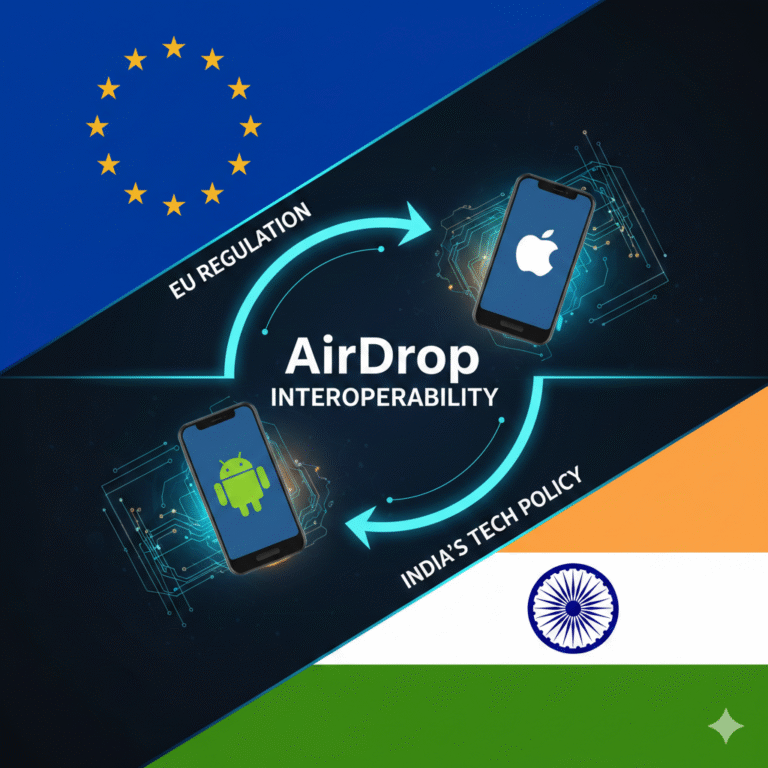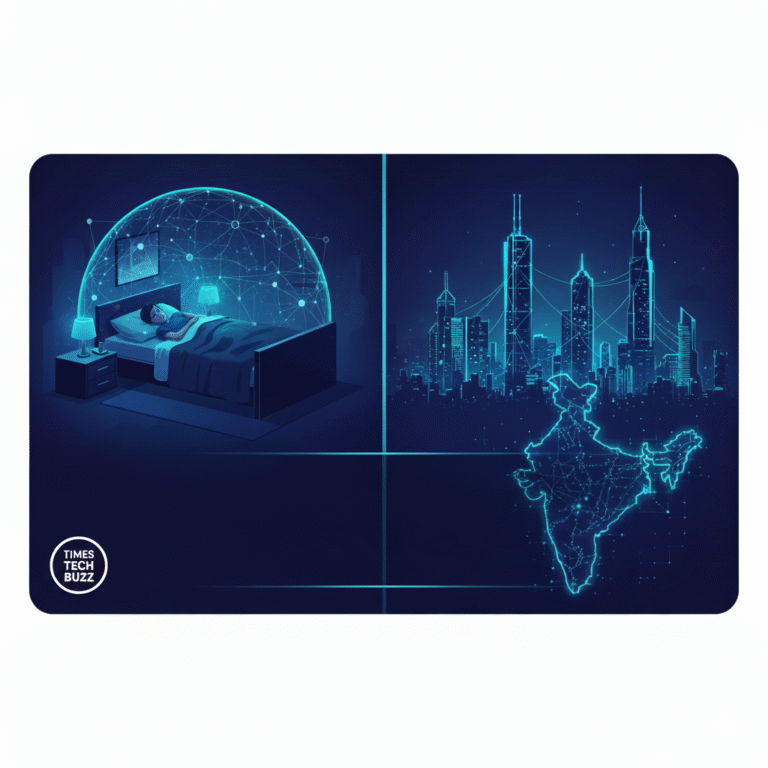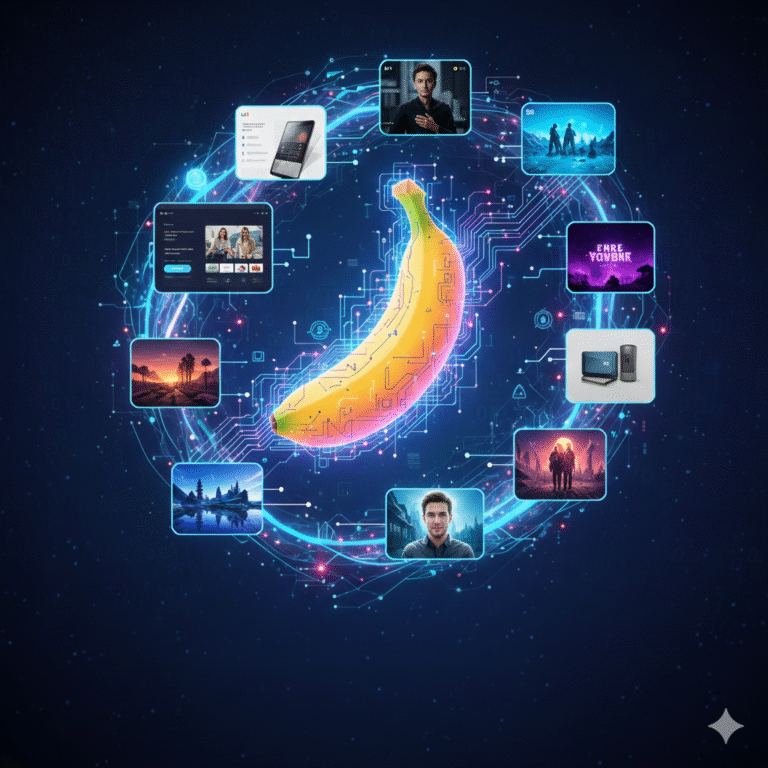Artificial intelligence is no longer just powering chatbots—it’s about to redefine how we browse the internet. Two major developments this summer mark a pivotal shift: OpenAI’s upcoming browser codenamed Aura, and Perplexity’s launch of Comet, an AI-native browser. These tools promise to transform user experience from search-based exploration to intelligent, conversational internet navigation.
This blog explores what these new browsers bring to the table, how they differ from traditional ones like Chrome or Firefox, and why the AI-powered browser revolution could change everything from content discovery to digital privacy and productivity.
What We Know About Aura: OpenAI’s Smart Browser
Aura is OpenAI’s in-development AI browser, reportedly built on the Chromium framework (the same core that powers Chrome and Edge). While the full details remain under wraps, leaked sources and industry chatter hint at key capabilities:
- Conversational Interface: Integrated deeply with ChatGPT, Aura could allow users to browse via natural language commands.
- Personalized Curation: Instead of simply displaying a list of links, Aura might summarize, compare, or analyze web pages based on user intent.
- Multimodal Understanding: If linked with GPT-4o’s capabilities, Aura may interpret images, video, and speech in real time.
- Voice-first UI: A voice-enabled browser that understands context could rival mobile assistants like Siri and Alexa—offering much deeper comprehension.
Importantly, OpenAI is already integrating browsing features in premium ChatGPT (Plus, Team, and Enterprise), indicating that Aura may function both as a standalone browser and a browsing assistant within existing tools.
Comet: Perplexity’s AI-Powered Browsing Assistant
On the other hand, Perplexity—known for its AI-powered search engine—is taking the plunge with Comet, a full-fledged AI-native browser.
What makes Comet unique:
- Search-to-Answer Flow: Instead of giving users a list of links, it directly answers queries by summarizing sources, citations included.
- Real-Time Web Access: Like Bing Chat or ChatGPT’s browser, Comet pulls from live data, not static training sets.
- User Memory: It can remember preferences and previous interactions, improving recommendation accuracy.
- Sourcing Transparency: Comet displays the exact sources behind its AI-generated answers, helping combat misinformation.
This model resembles a personal researcher—digesting vast information instantly and presenting it in digestible, actionable formats.
What Makes AI Browsers Different
The key shift is from searching to understanding. Traditional browsers require users to:
- Search
- Skim
- Click through multiple sources
- Piece together the answer themselves
AI browsers streamline this to:
- Ask a question
- Get a curated, explained response
- Dive deeper or cross-compare with contextual suggestions
That saves time—and in environments like education, law, medicine, and finance—it reduces knowledge barriers for non-experts.
Why Now? The Timing Behind the AI Browser Push
Several reasons explain why AI browsers are booming in 2025:
- AI Maturity: LLMs like GPT-4.1 and Claude 3.5 have become better at reasoning, retrieval, and handling ambiguity.
- Consumer Expectations: Users expect natural conversation-like digital experiences, not archaic form-filling or endless scrolling.
- Data Integration: Browsers are perfectly positioned to act as front ends for structured + unstructured data.
- Ad Fatigue: AI browsers might offer ad-free, streamlined knowledge access, unlike traditional ad-supported models.
Challenges & Concerns
AI browsers aren’t a silver bullet. They come with challenges:
1. Accuracy: AI models still hallucinate, misinterpret content, or overlook crucial context.
2. Privacy: Browsing history, preferences, and personal queries being fed into models raise significant surveillance and data-sharing concerns.
3. Ecosystem Disruption: Publishers and advertisers may lose traffic as users get direct answers instead of visiting original sites.
4. Trust and Transparency: Will AI browsers clearly label what’s generated vs. what’s quoted? How will they handle bias or disinformation?
The Bigger Picture: Browsers as AI Agents
Both Aura and Comet hint at a future where browsers become intelligent agents:
- Book appointments directly from websites
- Summarize meetings from calendar links
- Pre-fill forms using secure, learned context
- Translate and localize content instantly
- Detect scams or malicious content in real time
With voice, memory, and reasoning layered in, browsing could become a seamless dialogue rather than a search task.
Implications for India and Emerging Economies
Regions like India stand to benefit enormously:
- Multilingual Support: Tools like GPT-4o already support speech and text across Indian languages.
- Education: AI browsers can democratize learning—offering instant explanations, summaries, and source validation.
- Digital Literacy: Voice-driven interfaces are especially accessible to users with limited reading/writing proficiency.
- Fraud Detection: Real-time scam warnings can help tackle rising digital fraud in India.
Final Thoughts: Browsing 2.0 Has Arrived
OpenAI’s Aura and Perplexity’s Comet are not mere browsers—they are intelligent layers over the internet. By leveraging AI to navigate, synthesize, and explain, these tools redefine what it means to “browse.”
As they mature, expect more entrants in this space, including AI-native extensions to Safari, Firefox, and Brave. But the race has begun—and it’s not about speed, but about smart navigation.









+ There are no comments
Add yours